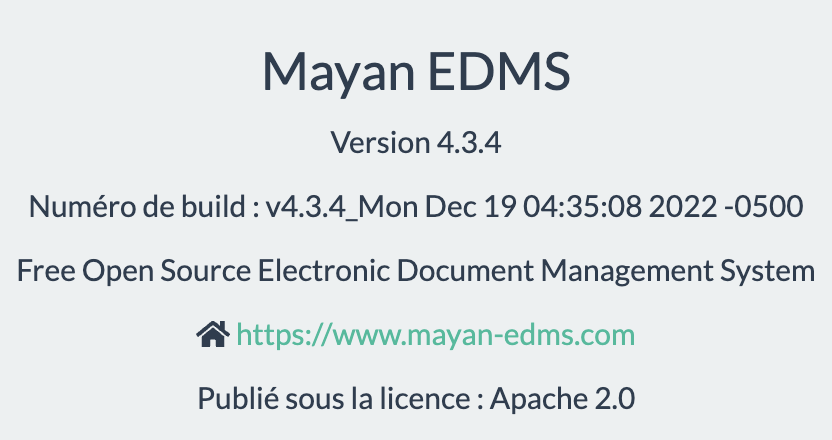Hello,
Sorry for this question… but i’m have tried to find a solution by myself and tbh i’m lost.
I’ve copied and edited the file ldap_connection_settings.py in my docker volume.
in my case /var/lib/docker/volumes/mayan_app/_data/user_settings/
And when i start up the docker-compose i have the error:
ModuleNotFoundError: No module named ‘user_settings.ldap_connection_settings’
Any idea how i can fix it ?
Thank you by advence for your time.
Best Regards.
Env:
MAYAN_SETTINGS_MODULE=user_settings.ldap_connection_settings
Error dump:
app_1 | During handling of the above exception, another exception occurred:
app_1 |
app_1 | Traceback (most recent call last):
app_1 | File “/opt/mayan-edms/bin/mayan-edms.py”, line 22, in
app_1 | main()
app_1 | File “/opt/mayan-edms/bin/mayan-edms.py”, line 18, in main
app_1 | execute_from_command_line(sys.argv)
app_1 | File “/opt/mayan-edms/lib/python3.9/site-packages/django/core/management/init.py”, line 419, in execute_from_command_line
app_1 | utility.execute()
app_1 | File “/opt/mayan-edms/lib/python3.9/site-packages/django/core/management/init.py”, line 413, in execute
app_1 | self.fetch_command(subcommand).run_from_argv(self.argv)
app_1 | File “/opt/mayan-edms/lib/python3.9/site-packages/django/core/management/init.py”, line 244, in fetch_command
app_1 | settings.INSTALLED_APPS
app_1 | File “/opt/mayan-edms/lib/python3.9/site-packages/django/conf/init.py”, line 82, in getattr
app_1 | self._setup(name)
app_1 | File “/opt/mayan-edms/lib/python3.9/site-packages/django/conf/init.py”, line 69, in _setup
app_1 | self._wrapped = Settings(settings_module)
app_1 | File “/opt/mayan-edms/lib/python3.9/site-packages/django/conf/init.py”, line 170, in init
app_1 | mod = importlib.import_module(self.SETTINGS_MODULE)
app_1 | File “/usr/lib/python3.9/importlib/init.py”, line 127, in import_module
app_1 | return _bootstrap._gcd_import(name[level:], package, level)
app_1 | File “”, line 1030, in _gcd_import
app_1 | File “”, line 1007, in _find_and_load
app_1 | File “”, line 984, in _find_and_load_unlocked
app_1 | ModuleNotFoundError: No module named ‘user_settings.ldap_connection_settings’
